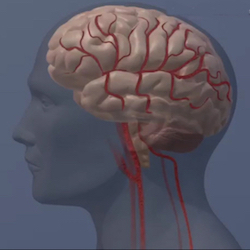
Cognitive training, blood pressure management for people who have high blood pressure, and increased exercise may help prevent cognitive decline and dementia, according to a report released Thursday by the private, nonprofit National Academies of Sciences, Engineering and Medicine.
Evidence is inconclusive at this point, but it is encouraging enough to be shared with the public, even if it’s not strong enough to support the launch of a widespread campaign to promote the approaches, the authors said.
“The public should at least have access to these results to help inform their decisions about how they can invest their time and resources to maintain brain health with aging,” Alan I. Leshner, Ph.D., chairman of the committee and CEO emeritus of the American Association for the Advancement of Science, said in a statement.
Clinical trials over the next several years should yield more information about how to prevent cognitive decline and dementia, Leshner said. The report suggests ways that researchers can strengthen such trials so that the findings are more conclusive.
Sen. Susan Collins (R-ME), founder and co-chair of the Senate Alzheimer’s Task Force and chairwoman of the Senate Special Committee on Aging, applauded the release of the report.
“We still have more questions than answers, but the news is promising,” she said. “It has long been known that physical activity is good for the body. Now we can say that it is good for the brain and may delay cognitive decline, too.”
The study was sponsored by the National Institute on Aging.



